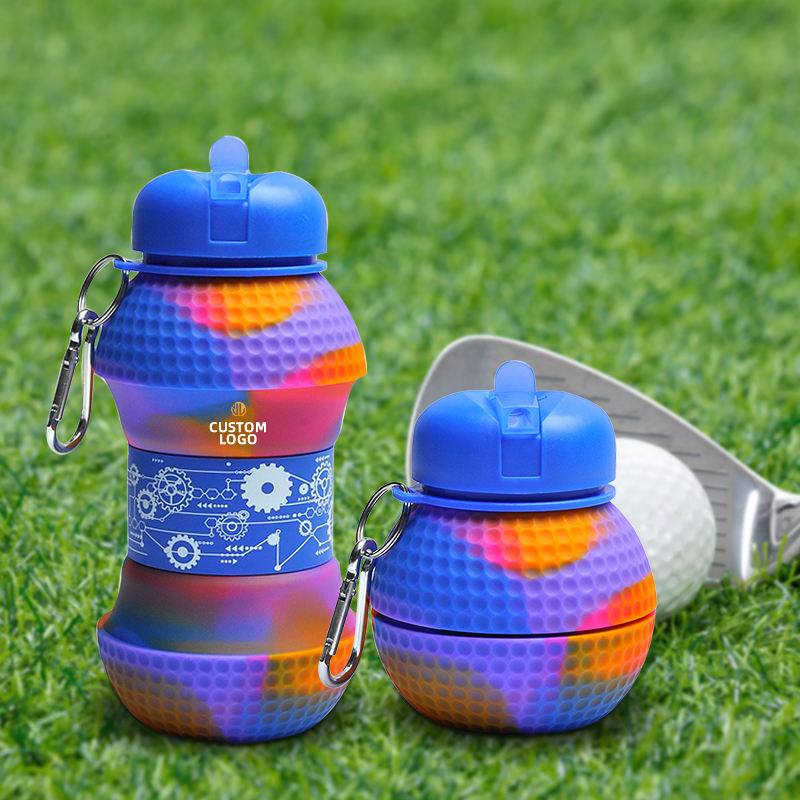Contents
Liquid silicone injection molding is a high-precision and high-efficiency molding method. Silicone is injected into the mold through an injection molding machine and quickly solidified by high temperature and high pressure. The advantage of injection molding is that it can produce products with complex shapes and products of various colors.
![]()
![]()
Introduction to liquid silicone injection molding process
Liquid silicone injection molding uses liquid silicone as the main raw material. The two-component material (Part A and Part B) is mixed with a screw and injected into the mold for vulcanization molding. This process can produce high-quality products with the advantages of no waste and automation. Liquid silicone products are soft and widely used to simulate human organs, medical silicone chest pads, etc. In addition, liquid silicone has good thermal stability, cold resistance, and electrical insulation properties. No poisonous substances are produced when burned. Therefore, it has become an irreplaceable material in producing and designing health products, automobiles, baby products, medical products, diving products, kitchen utensils, and seals.
Advantages of liquid silicone injection molding:
- High precision
- High production efficiency
- Low loss
- Higher level of automation
- Low contamination rate
Disadvantages of liquid silicone injection molding:
- High requirements for equipment and molds
- High cost of equipment, molds, and materials
- Sensitive to humidity
![]()
![]()
Liquid Silicone Injection Molding Process Flow:
![]()
![]()
The metering device first pumps a 1:1 mixture of LSR A and B components, distributes it to a static or dynamic mixer, and then distributes it to the metering cylinder of the injection molding machine. Once the two ingredients are mixed, the material can be injected into the corresponding mold. The screw conveyor in the injection cylinder is responsible for injecting and metering the mixed material.
Note: The metering cylinder and agitator temperature do not exceed 40°C.
| Classification | Causes | Countermeasures |
|
Bubble Stains | Insufficient vulcanization | Extended vulcanization time |
| The air is not completely evacuated. | Fully evacuate the air from the portable tank | |
| Air mixed in | Be careful to prevent air from entering during the injection | |
| Mold temperature is too high | Lower mold temperature and pay attention to mold temperature distribution | |
| Mixing spots | Adjust injection speed, check agitator | |
|
Raw Edges | Too much injection volume | Adjust injection speed and increase clamping force |
| There is dust on the parting surface | Control the workshop environment and close the protective cover during molding | |
| Lower clamping force | Increase clamping pressure | |
| Injection pressure is high | Adjust injection pressure | |
| The holding time is too long | Select a suitable holding time | |
|
Expansion | Insufficient vulcanization | Extend the vulcanization time and increase the temperature |
| Insufficient molding pressure | Increase pressure | |
| Generate bubbles | Fully remove the air from the portable tank | |
| Uneven vulcanization | Adjust the heating device | |
|
Poor gloss | Insufficient vulcanization | Extend the vulcanization time and increase the temperature |
| Rough mold surface | Mold electroplating, replacement of release agent | |
| Poor demoulding properties | Insufficient vulcanization | Extend the vulcanization time |
| Poor mold surface | Improve mold | |
| Uneven surface temperature distribution | Check heating method | |
| Nozzle leakage | Nozzle wear and tear | Check the nozzle lock |
In addition to material selection, mold development, and setting optimal parameters in the liquid silicone injection molding process, regular equipment maintenance and mold maintenance are also crucial. The production unit strictly controls each process to avoid unnecessary abnormalities and waste.
JEWELIVES provides a full range of cost-effective liquid silicone products and accurately recommends materials to customers, providing one-stop silicone product procurement and OEM/ODM solutions



